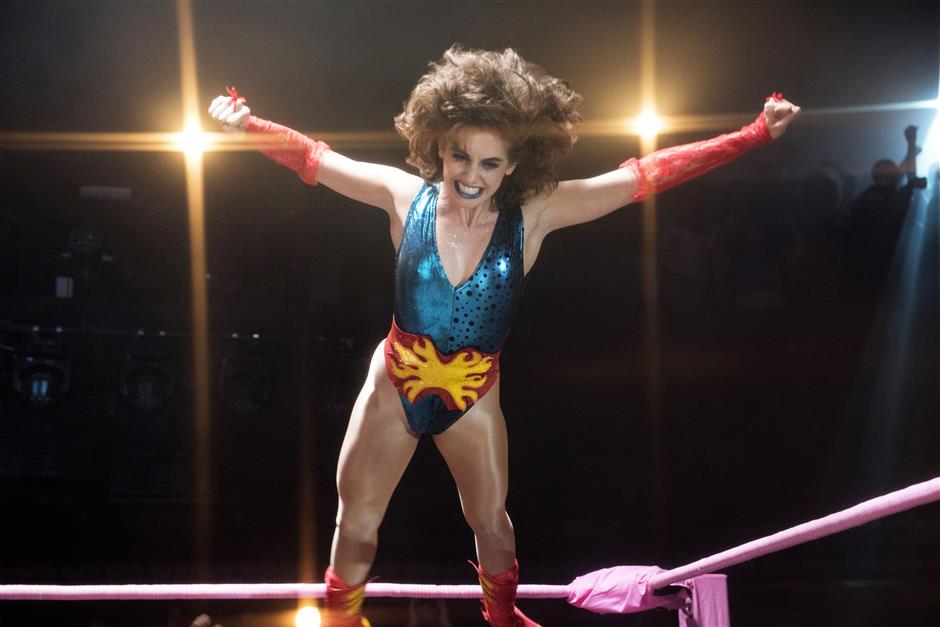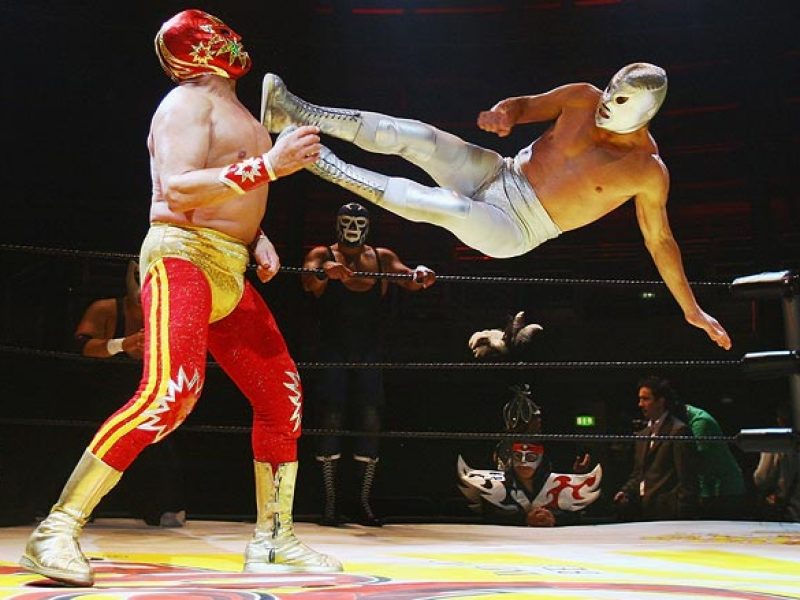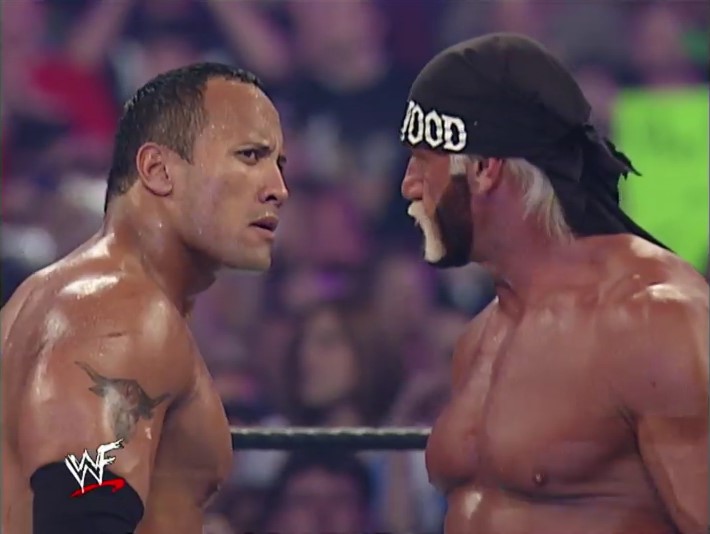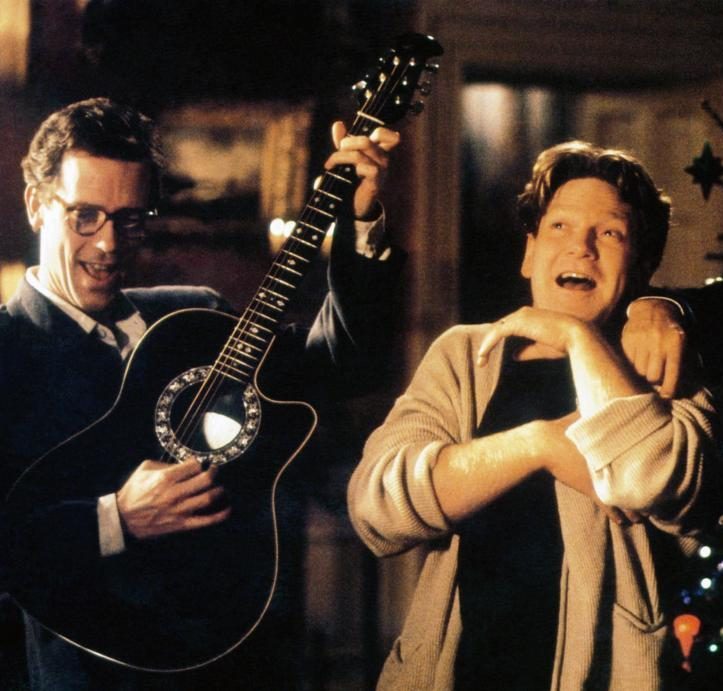
Thinkpiece Thursday
 Wrestling is something I never thought I’d cover on this website. But watching the excellent Netflix series “GLOW” made me think about just how much characterisation is built into wrestling. It’s essentially an over-the-top soap opera, but with fighting.
Wrestling is something I never thought I’d cover on this website. But watching the excellent Netflix series “GLOW” made me think about just how much characterisation is built into wrestling. It’s essentially an over-the-top soap opera, but with fighting.
Wrestling works on two levels- the first and most obvious level is the actual physical activity itself. The second, which keeps people coming back for more, is the narrative element. Characters and elaborate storylines are mapped out to engage the viewers. Mexican Lucha Libre wrestling, in particular, is essentially a telenovela with capes and masks.
There is a reason that former Wrestlers like Hulk Hogan, Dave Bautista, Jesse Ventura, John Cena and Dwayne “The Rock” Johnson transitioned so naturally into acting. They are not competitive athletes, they are actors playing to a crowd in a different narrative arena. It’s not like MMA (Mixed Martial Arts), or Cagefighting. These are actual sportsand far less about showmanship. They are not primarily a form of narrative entertainment.
 Watching GLOW- an acronym for “Gorgeous Ladies of Wrestling”- made me appreciate the efforts that go into crafting storylines and characters. It’s based on a true story which is covered in more detail in the 2012 documentary of the same name.
Watching GLOW- an acronym for “Gorgeous Ladies of Wrestling”- made me appreciate the efforts that go into crafting storylines and characters. It’s based on a true story which is covered in more detail in the 2012 documentary of the same name.
In the show, it is a shlocky filmmaker (Marc Maron) who is running the show. He’s not a professional wrestling coach. He hires young pretty actresses not professional wrestlers. GLOW was meant to be entertainment, as is WWF. The show is treated like more like a continuing soap–opera than a sport. Each “wrestler” is shown throughout the show not honing their craft, but developing their character.
The producers of these wrestling shows couldn’t, and still can’t, just rely on the prowess of the staged fights (and they are all clearly staged, sorry to break it to some of you!). The audience needs a story of personal rivalry to keep audiences entertained. In GLOW, Alison Brie’s character realizes that to stand out, she has to carve out a niche as the despicable villain that the audience will turn against. The same character dynamics apply to wrestling as would apply to a crowd-pleasing summer blockbuster. Great villains make great stories.
The lesson here is that even something as ridiculous as the “sport” of professional wrestling has to tell an engaging story, and create characters that spectators can connect with emotionally. Don’t turn your nose up at this kind of narrative, it is as legitimate a form of storytelling as any novel. (Charles Dickens was actually writing the soap operas of his day in serialized newspaper form). You can learn the lessons of story-telling from anywhere!)






No comment yet, add your voice below!